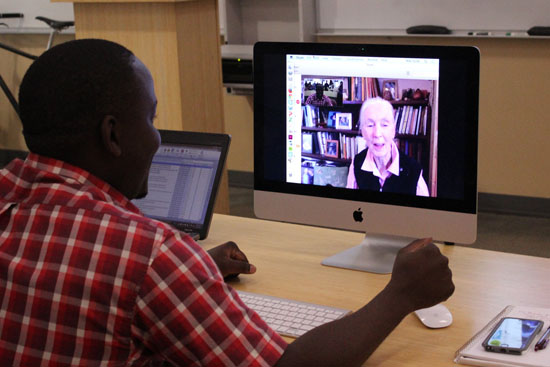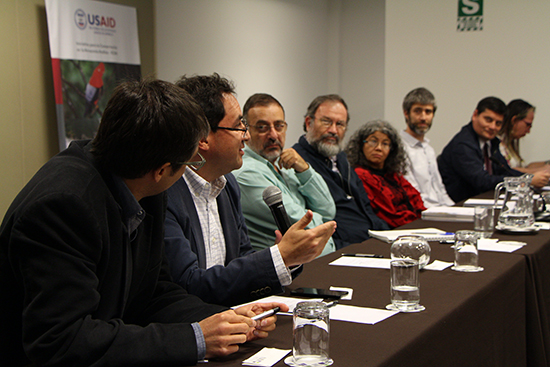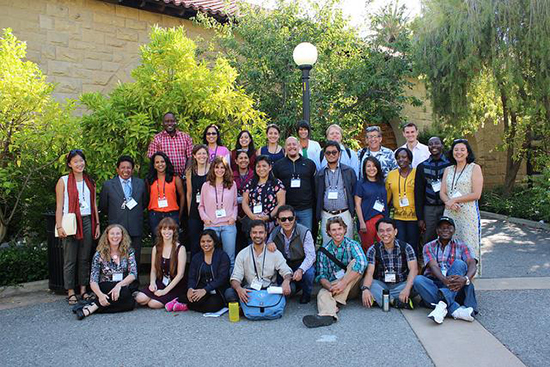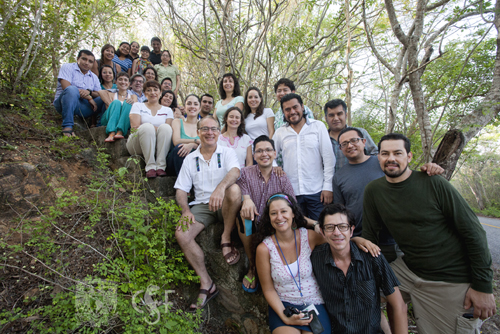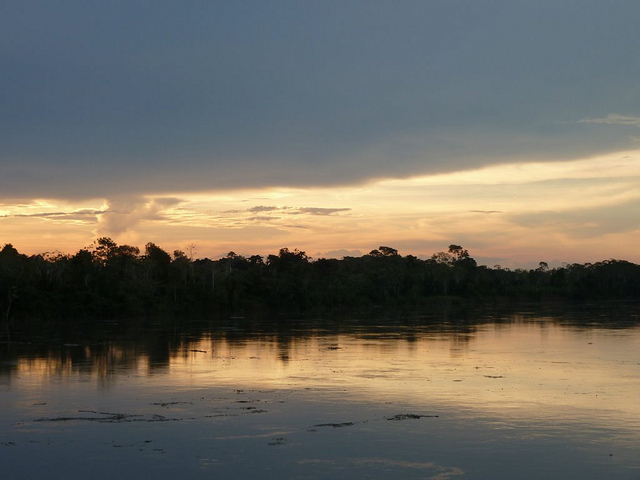News
Este 19 y 20 de agosto once becarios del Programa de Becas para el Desarrollo de Investigaciones Económicas Aplicadas para la Conservación en la Amazonía Andina presentaron, junto con sus tutores, los resultados de sus investigaciones a participantes de entidades de gobierno, ONG y universidades.
Our 17th annual International Economic Tools for Conservation course is underway at Stanford University! We have an amazing group of people from every corner of the globe sharing ideas about how to protect the ecosystems and human livelihoods of the world.
Last month, the National Autonomous University of Mexico (UNAM) and CSF presented the second annual Economic Tools for Conservation in Mexico and the Mesoamerican Reef. Twenty participants from different regions of Mexico and the Mesoamerican Reef came together to learn what economic drivers cause environmental problems and the potential solutions to them. The two-week course was held June 15th-26th at UNAM’s Chamela Biological Station in Jalisco, Mexico.
De cara al debate sobre las propuestas de interconexión entre las ciudades de Pucallpa (Perú) y Cruzeiro do Sul (Brasil), que atravesarían la Amazonía peruana, TNC y CSF realizaron en Lima el pasado 1ro de julio el Foro: “Retos para la interconexión sostenible de la región Ucayali”, en el marco del Consorcio Paisajes Indígenas de la Iniciativa para la Conservación en la Amazonía Andina de USAID.
Este video es realizado por CSF en el marco del Consorcio Paisajes Indígenas de la Iniciativa para la Conservación en la Amazonía Andina de USAID .
El video muestra las características y resultados del análisis hecho a las propuestas existentes para la interconexión vial entre las ciudades de Pucallpa (Perú) y Cruzeiro do Sul (Brasil) que atravesarían la Amazonía de ambos países.
On 21st June, CSF-Brazil participated of a workshop about “Dams in Tapajós River”, held in PUC University (Brazil). It was an opportunity to debate with students, professors and other NGOs the subject of huge infrastructures in Amazon and its implications on social and environmental issues.
The Heinrich Böll Stiftung made a report about this event and also an interview with Camila Jericó-Daminello, who is conducting the CSF’s study about the São Luiz do Tapajós dam, planned for the same river.
This was repost with permission from Heinrich Böll Foundation – Rio de Janeiro, Brazil.
Access here
On June 16th, twenty-two members of the United States Agency for International Development (USAID) staff gathered in Washington, D.C. for a three-day training entitled Economic Tools for Integrating Biodiversity and Ecosystem Services into Development Investments. This course came about as part of our multi-year Biodiversity Understanding in Infrastructure and Landscape Development (BUILD) program, which is part of an agreement with USAID, funded by the Gordon and Betty Moore Foundation.
In October of last year, CSF published a study in collaboration with Niras Fraenkel Ltd. and the Conservation Agreement Fund and with funding from the Critical Ecosystem Partnership Fund, on the environmental and economic impacts of building a port on Jamaica's Goat Islands. The findings were positive: building an equivalent facility at a place called Macarry Bay, to the west of Goat Islands, would cost an estimated $200 million less to build, and will a far smaller environmental cost.

